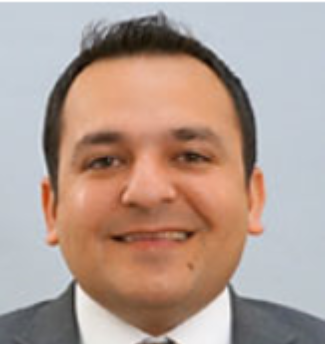CAREER: Development of a point-of-care platform for the detection of infectious viruses- Waseem Asghar, Principal Investigator
Tuesday, Sep 01, 2020
Every year, infectious viruses cause millions of deaths worldwide. Current technologies for testing virus infections often require multiple labor-intensive steps and need costly and bulky equipment, hence are not suitable for rapid disease testing at point-of-care (POC) settings. The goal of this CAREER project is to develop a sample-in-answer-out technology for rapid detection of multiple viruses simultaneously with minimal sample preparation at POC settings. It aims to produce a low-cost, disposable device that integrates fully automated assay with smartphone-based readout for reporting and surveillance of current and emerging infectious diseases. This project integrates multidisciplinary research with educational activities to engage high school teachers and students at different levels (K-12, undergraduate and graduate students). It helps to prepare a skilled workforce and broaden participation in STEM fields.
Through combined scientific research and device engineering, the Asghar group at Florida Atlantic University aims to develop a low-cost, functional device that can be widely deployed for POC diagnosis of viral infections. The research team explores the use of water-oil interphase separation in a microfluidic device integrated with magnetic actuation platform and smartphone-based readout to allow automation and improve throughout. The approaches to enabling analysis of complex samples (including blood, saliva and urine) with minimal sample preparation and resources include employing reverse transcription loop-mediated isothermal amplification (RT-LAMP) and using synthetic "self-avoiding" nucleotide analogs to address the current limitations of primer dimerization.
This award reflects NSF's statutory mission and has been deemed worthy of support through evaluation using the Foundation's intellectual merit and broader impacts review criteria.
Abstract retrieved from: Grantome
Dr. Waseem Asghar’s Personal Page